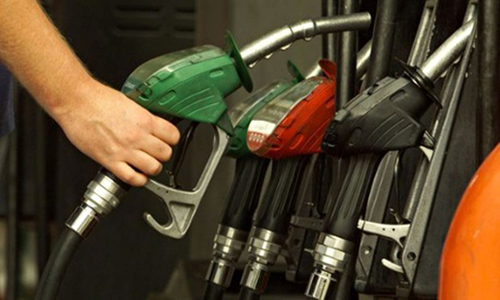ISLAMABAD: Oil companies and refineries have blamed the bureaucracy for current petrol shortage in the country, saying the indecision regarding import as well as enhancing local petrol production led to the current situation.
The Oil Companies Advisory Council (OCAC) on Sunday said that a “disinformation campaign and maligning of refineries and oil marketing companies (OMCs)” was a matter of serious concern.
“It is regretful that a lot of misinformation and blame game directed towards the Downstream Petroleum Sector has been observed particularly in the past two weeks which is unnecessary and counterproductive,” it said.
The OCAC said there was an urgent need to review and analyse the inherent reasons for present shortages of petrol in the country which include import embargo in March, directives by the energy ministry to lift the same embargo in April and delayed approvals for imports.
It claimed the ministry failed to determine the rise in demand as the Covid-19 lockdowns were being eased from May and there was tendency among consumers to move and drive around with exceptionally low oil prices, etc.
“We would like to highlight that a typical supply chain of petroleum products ranges 45-60 days whereas an increase of 82 per cent in June sales compared to April sales is significant, especially when there is heavy reliance on petrol imports which is associated with its various supply complexities such as securing appropriate quantities through International Suppliers/Traders, availability of bulk product carriers (ships) in marine freight market, port constraints, etc.,” the OCAC said.
It claimed that the Downstream Petroleum Sector continued to be a responsible corporate citizen of the country and needed to be treated with respect in view of its huge contribution to maintaining energy security in Pakistan. “An estimated figure of current replacement cost that is loss for June is around Rs17 per litre which translates to around Rs18 billion for refineries and OMCs,” the OCAC added.
Published in Dawn, June 15th, 2020














































